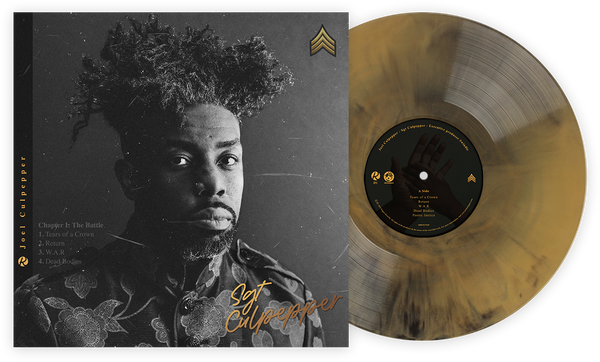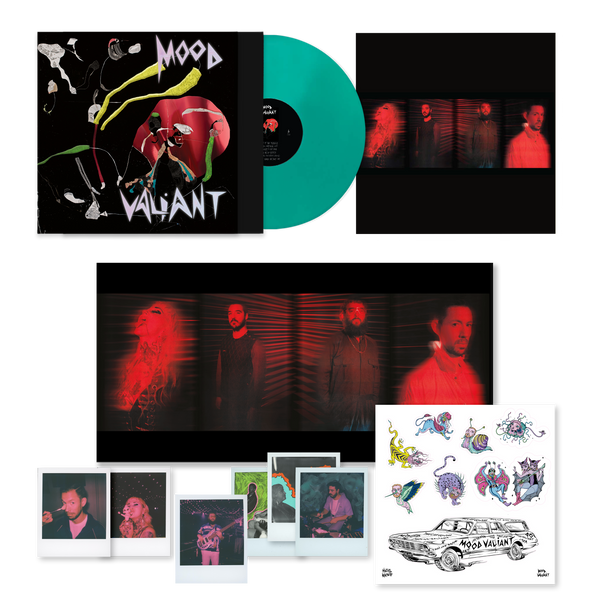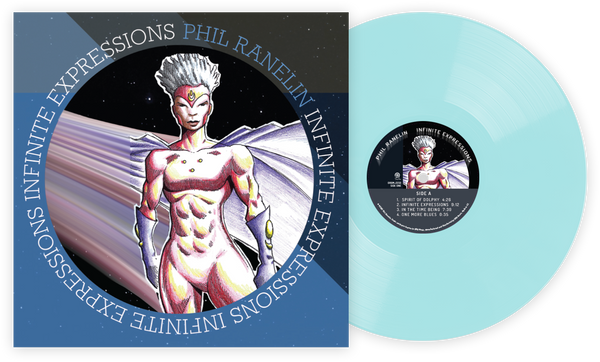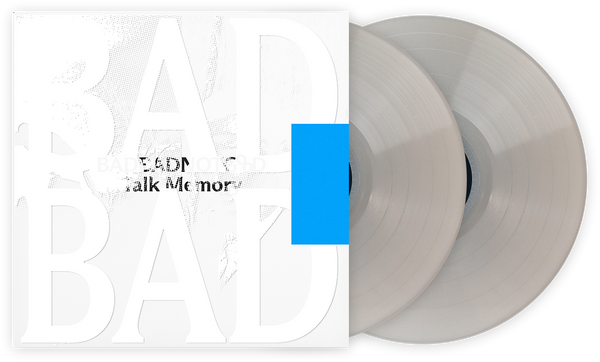Black Artists Continue To Be Excluded From Country Music, A Genre They Created
So, there’s this episode of The Boondocks. It isn’t for the faint of heart, as the episode was slapped onto television’s banned list, no longer accessible for airing since it’s 2010 premiere. Titled “The Story of Jimmy Rebel,” if you were present for the airing of The Boondocks’ depressingly surreal third season, you know exactly why “Jimmy Rebel” was banned.
The episode introduces Rebel (modelled after now-deceased white nationalist singer Johnny Rebel) as a nightclub country singer performing racist anthems in the fictional town of Spokenhoke. Internalized racist character Uncle Ruckus is a lifelong fan of Rebel, recording his own songs in hopes of reaching Rebel’s ears. Careful not to reveal his identity once Rebel comes to visit, Ruckus pretends that the “real” Uncle Ruckus is a “true blue American white man.” Through the natural order of chaos, Rebel ultimately discovers Ruckus’ true identity, and both hit “Robert E. Lee Freeway” to make an album on Racist Records, met by label execs gawking at Ruckus’ black presence, with one mentioning that their audience expects segregation.
The gut punch comes at mid-point when Rebel adamantly says that if blacks let their work ethic outweigh their time for complaining, they’d be treated equally to white counterparts. However, this statement is purely a fallacy, as southern blacks have long been ostracized from country music, a genre that they’ve essentially created. Without the privilege of receiving credit with an open hand, black traditional blues and country musicians have been silenced.
In the time of SoundCloud, Lil Nas X has achieved what “Like a Farmer” rapper Lil Tracy, Houston head Travis Scott and eccentric crooner Young Thug have yet to do: reach the country charts. In what was considered a “meme” or “parody” of country music, Nas X’s “Old Road Town” was tagged ‘country’ on music platforms, as the essence of the song is, in fact, country. In March, the song debuted at No. 19 on the Billboard Hot Country Charts, but once Billboard noted that “Old Road Town” didn’t have “country elements” (or perhaps that X is black), the song was pulled from the country charts and haphazardly placed on Hot Rap Songs at No. 24. In true separatist fashion, the chart removal was an obvious ploy to detach X from a majority white space, though the history of country music is defined by black artists who allotted white musicians to cover their original material.
On “Old Town Road,” Lil Nas X’s voice is accented with a southern twang against a guitar and trap-blend, as the rapper is product of Atlanta, Georgia. The same Atlanta where just 20 years ago, hometown veterans OutKast waved their deep south flags high on lead Aquemini single, “Rosa Parks.” A nod to the Civil Rights activist with a “back of the bus” allegory, “Rosa Parks” was complete with an acoustic guitar, turntable scratches, vocal ad libbed tie-ins and a harmonica break fit for line dancing. Instead of whitewashing the song’s accompanying visual to fit country standards, the duo kept it futuristically black, with fluorescent neon lighting, a marching band, and André 3000’s now-infamous multi-layered fur pants.
Even months after black country artists Jimmie Allen and Kane Brown reached U.S. Country Airplay at No.1 back-to-back late 2018, with “Old Road Town” steadily amassing a social media divide over whether it’s country or not, the dispute begs the question: What if “Old Town Road” was made by Mason Ramsey, whose yodeling discovery at Walmart made him a star attraction at Coachella?
Country music is derived from black musicianship in the antebellum South, so it’s no secret that the genre’s ties to racism (most notably, the Confederacy) are a clue as to why there is still a long-rooted divide. White country artists have struck gold with songs created by black artists, as black contributors have been shunned from the genre. Originally recorded in 1946 by Mississippi blues singer Arthur Crudup,“That’s All Right Mama” was popularized once Elvis Presley covered the song with his own sped-up version in 1954. The song became a notable part of Elvis’ 1968 NBC comeback special, the same year that Crudup was to be paid $60,000 in unpaid royalties for his covered songs. While some of Crudup’s works were covered by African-American acts such as B.B. King and Bobby “Blue” Bland, it was Presley who attained the nation’s focus from multiple Crudup covers.
As one of the first popular country albums for a black musician, Ray Charles’ Modern Sounds in Country and Western Music Vol. I and II was fulfilled by covers of country standards, even as Charles was threatened by record executives about the album series potentially flying under the radar. Charles was arguably more established as a blues artist, but Modern Sounds became a beacon of country music during the Civil Rights era, later honored with a tribute show at the Grand Ole Opry in 2018.
Stevie Wonder’s 1980 Hotter than July single “I Ain’t Gonna Stand For It” reached No. 11 on the Billboard R&B Charts, though the song was notable for Wonder’s country nasality. Ironically enough, background vocals were provided by Charlie Wilson and Ronnie Wilson of The Gap Band, who were often outfitted in bedazzled western attire during their formative years.
Long before the performative debacle “Accidental Racist” by Brad Paisley and LL Cool J, in 2004, Nelly and Tim McGraw adjoined for “Over & Over,” Nelly’s first seemingly country ballad. While both Nelly and McGraw are artists with southern origins, the song reached No. 7 on Billboard’s U.S. Hot Rap Songs, not receiving second glance from the country charts.
On Beyoncé’s genre-bending 2016 effort Lemonade, country standalone track “Daddy Lessons” was introduced within the hour-long HBO special of the same title. The visual shows Southern blacks at their most human and unscripted, as Beyoncé rides atop a horse, crowned with individually plaited hair. The song went on to be performed alongside the Dixie Chicks at the 2016 Country Music Awards, backed by a largely African-American band. The performance was nearly spiritual, with Beyoncé commanding the stage in an angelic, puff sleeved gown, but her presence was met with unenthused glares as the camera cut to audience members. An insignificant number of viewers went on to threaten to boycott the CMA, as rumors swirled that singer Alan Jackson left his seat during “Daddy Lessons.” Travis Tritt also tweeted against Beyoncé’s appearance, saying “we don’t need pop or rap artists to validate us,” an act of defiance to preserve country’s separatism.
Three years after the meditational A Seat at the Table, in February, Solange teased promotional images for her fourth album, When I Get Home. As a marketing tool, Solange warped the long-abandoned African-American social network Black Planet into a virtual constellation of muted behind-the-scenes photoshoot visuals, pictures of pristine white lowriders and pole-dancing splendor. The move was a website takeover, as Solange revived her Instagram, encouraging fans to “call” her on Houston rapper Mike Jones’ now-defunct number. Fans did just as told, calling the number to be met with an astral-southern instrumental, ending with acoustic strumming and gospel wailing.
When I Get Home was released on the midnight cusp marking the end of Black History Month and Women’s History Month beginning (descending from Solange being a Gemini-Cancer ‘Magic’ cusp). The album is inherently The Wiz-goes-south, or Solange’s planetary Houston. Still, the album is labeled as R&B, though the crux of When I Get Home is framed as Solange’s country retelling of the place she knows best.
Following the “Old Town Road” fiasco, on March 29th, Lil Nas X made his return at an Atlanta Hawks game, flanked by cheerleaders as crowd members danced to the song in support of X. The event was a true homecoming for X, as he spent days being dissected by the masses — an unjust examination. To count Lil Nas X out of the country music conversation is to deny black artists that have assembled it for generations, those both accounted for and counted out.
Besides, black cowboys are real.
Header image via Lil Nas X on Instagram (@lilnasx).
Jaelani Turner-Williams is an Ohio-raised culture writer and bookworm. A graduate of The Ohio State University, Jaelani’s work has appeared in Billboard, Complex, Rolling Stone and Teen Vogue, amongst others. She is currently Executive Editor of biannual publication Tidal Magazine.












